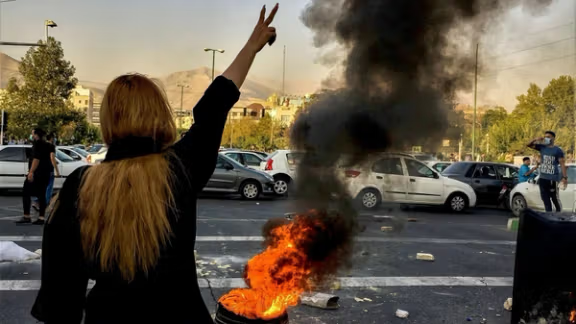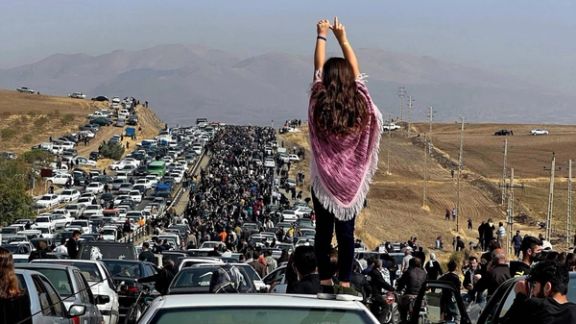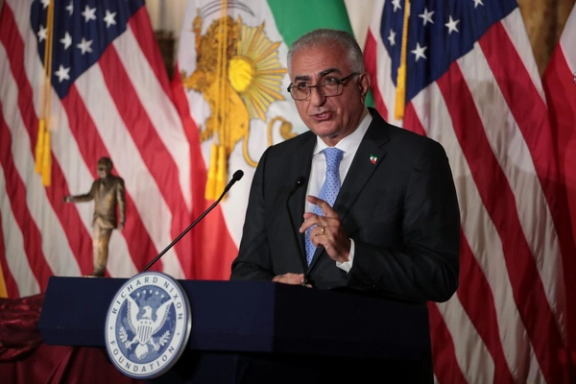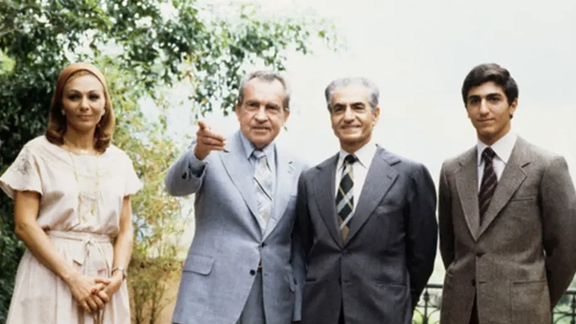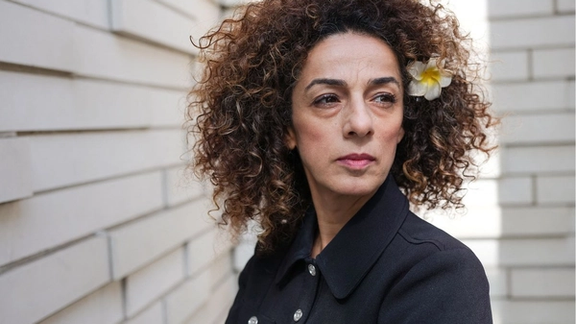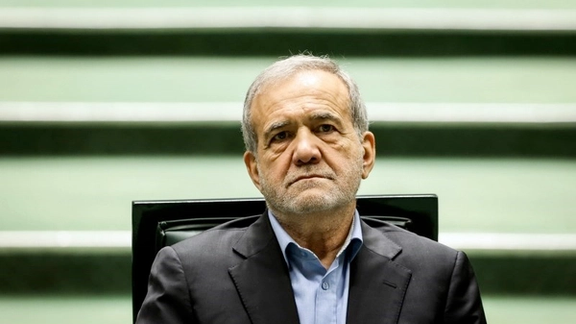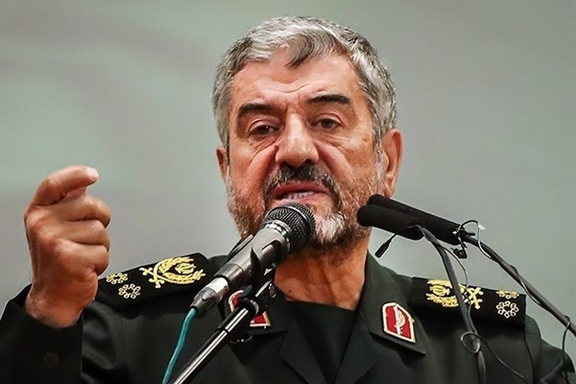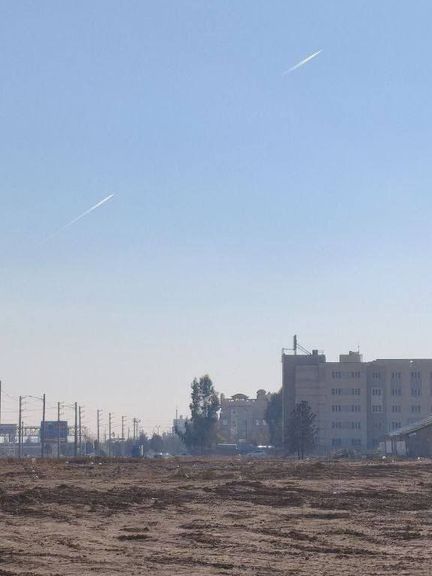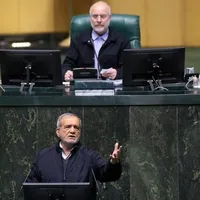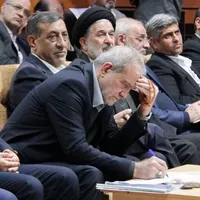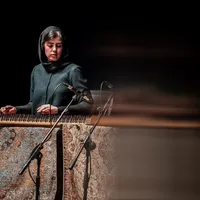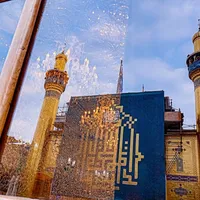The indictment accuses the group of orchestrating a 2022 plan to kill US-Iranian citizen Alinejad, a prominent journalist an critic of Iran’s treatment of women.
"Today’s indictment exposes the full extent of Iran’s plot to silence an American journalist for criticizing the Iranian regime,” US Federal Bureau of Investigation Director Christopher Wray said in the unsealed indictment.
Writing on X, Alinejad blasted Iran's theocratic rulers.
"The revelation that the assassination plot against me in July 2022 was orchestrated by Ali Khamenei’s IRGC is a stark reminder of the brutal lengths to which the Islamic regime will go to silence dissidents, even those far beyond Iran’s borders," said Alinejad, responding to the indictment.
The alleged plot was disrupted by US law enforcement, which had previously charged members of an Eastern European criminal organization with ties to Iran with murder-for-hire.
This latest indictment directly implicates a high-ranking Iranian official for the first time. Brigadier General Ruhollah Bazghandi, a senior counterintelligence figure within the IRGC, is named as the key organizer of the assassination effort.
The US Treasury Department had already sanctioned Bazghandi in 2022, accusing him of playing a role in the detention of foreign prisoners in Iran and overseeing multiple assassination attempts against journalists and foreign nationals.
In announcing the new charges, US officials highlighted the IRGC’s extended reach in carrying out Iran’s policies abroad, including criminal activities aimed at silencing opposition voices.
Alinejad, who had resided in Brooklyn but has since relocated to another part of New York, has long been a vocal opponent of the Iranian government’s policies, particularly its strict laws regarding women’s dress codes.
She had previously written about Tehran’s efforts to abduct her and described the IRGC’s use of criminal gangs to carry out its work overseas. "The Iranian regime always uses criminal gangs to do their dirty jobs beyond their own borders, to get away from punishment," Alinejad said on Tuesday.
Failed plot
The indictment also mentions three other Iranian operatives involved in the plot—Hossein Sedighi, Seyed Mohammad Forouzan, and an individual known only by an alias, Haj Taher.
According to US prosecutors, the group had been continuously monitoring Alinejad since a failed attempt to kidnap her. This earlier plot, which came to light in 2021, involved using private investigators to track Alinejad’s movements and developing plans to transport her from New York to Venezuela.
Alinejad, whose criticism of Iran extends back decades, has accused the government of using her family in Iran as leverage against her. She says that the Iranian intelligence ministry had even attempted to lure her to a family reunion in Turkey, a ruse she believes was part of a larger plan to capture her.
Federal prosecutors have been stepping up efforts to counter foreign influence operations in the US.
The charges come at a tense time for US-Iran relations, with Iran’s influence in the ongoing conflict between Israel and Hezbollah, the Lebanon-based militant group backed by Tehran, in focus as Israel prepares to hit back at Iran after an Oct. 1 ballistic missile attack.
Iran has carried out assassinations and kidnappings of its opponents abroad over the past four decades. Countries like Germany, France, Turkey, and Iraq have been targets of Iranian intelligence for its deadly operations.
